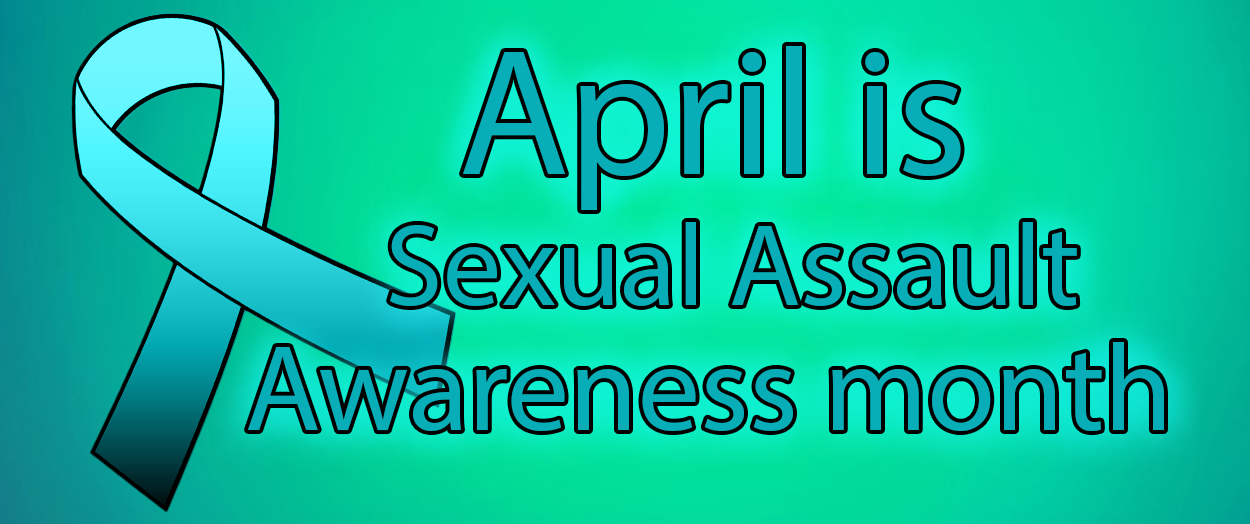April is Sexual Assault Awareness and Prevention Month, meaning it is a good time to focus on raising awareness about an issue that will affect everyone—directly or indirectly—throughout their lives. Throughout the month, Violence Prevention Educators (VPE) have held several different events to raise awareness of sexual assault dangers and to show support for victims of assault, including Denim Day and tabling events. In addition to events that raise awareness, there are many resources on campus for students who need aid or support during the time after they experience violence.
“I’m here to make sure that students who have experienced violence get the help they need,” said Megan Talcott, the Sexual Assault Prevention and Advocacy Coordinator at NDSU. Her job is twofold: she works with students who have experienced violence to help them understand their rights and access resources so that they can continue to succeed in school, and she is in charge of educating students on how to prevent and avoid sexual violence. She also works with VPE, a group of peer educators, to organize events that spread awareness and help people show their support to students who have experienced violence.
Talcott’s biggest piece of advice for avoiding sexual assault is “Always go with your gut instinct. A thousand years ago it would keep you from getting eaten by a tiger…now it’s a little different, but if something doesn’t feel right, it’s really not right.” It’s also important to remember that it’s okay to set boundaries and limits, and showing respect for other people’s limits is a good way to make sure everyone feels safe.
Talcott listed several resources for students who want to seek assistance after experiencing an assault, but she also stressed that whether a student chooses to use any of these resources is up to them. “The reason we are in this situation is because someone took away your power and control,” she said. “The most important thing we can do is give you back that control and let you decide what’s best for you.” Some students might feel comfortable getting a forensic assault exam at the hospital or talking to campus police, and some might not.
Other resources that may be helpful include the Counseling Center, Student Health Services, and Talcott, whose office is within Health Services at the Wellness Center. Positions within these three resources are not mandated reporters, so they don’t have to tell the Equity Office. Campus resources who may be helpful but are mandated to report to the Equity Office include the Title IX coordinator, campus police, faculty members, and dorm staff like hall directors and RAs.
Just because a disclosure is reported to the Equity Office doesn’t mean that a student will have to take action or that anyone else will be informed. “I want to stress that the Equity Office is very kind, and they just want to help and make sure you know your rights. When they find out someone has experienced violence they will send you some information…and ask you if you want to do anything, but they won’t pressure you.”
For someone looking to support their friend who has experienced sexual violence, it is important to respond in a supportive way after they first talk about their experience. “Research shows that when a survivor discloses for the first couple of times, the response they get has a huge impact on how they’ll experience PTSD symptoms and how the healing process will go,” said Talcott. “Show them support, give them the space to decide how much they want to share, and offer to help them access resources if that’s what they want.”
Anyone who wants to explore their resources more or get assistance can contact Talcott at megan.talcott@ndsu.edu or check out the Violence Prevention Educators’ Instagram page.
